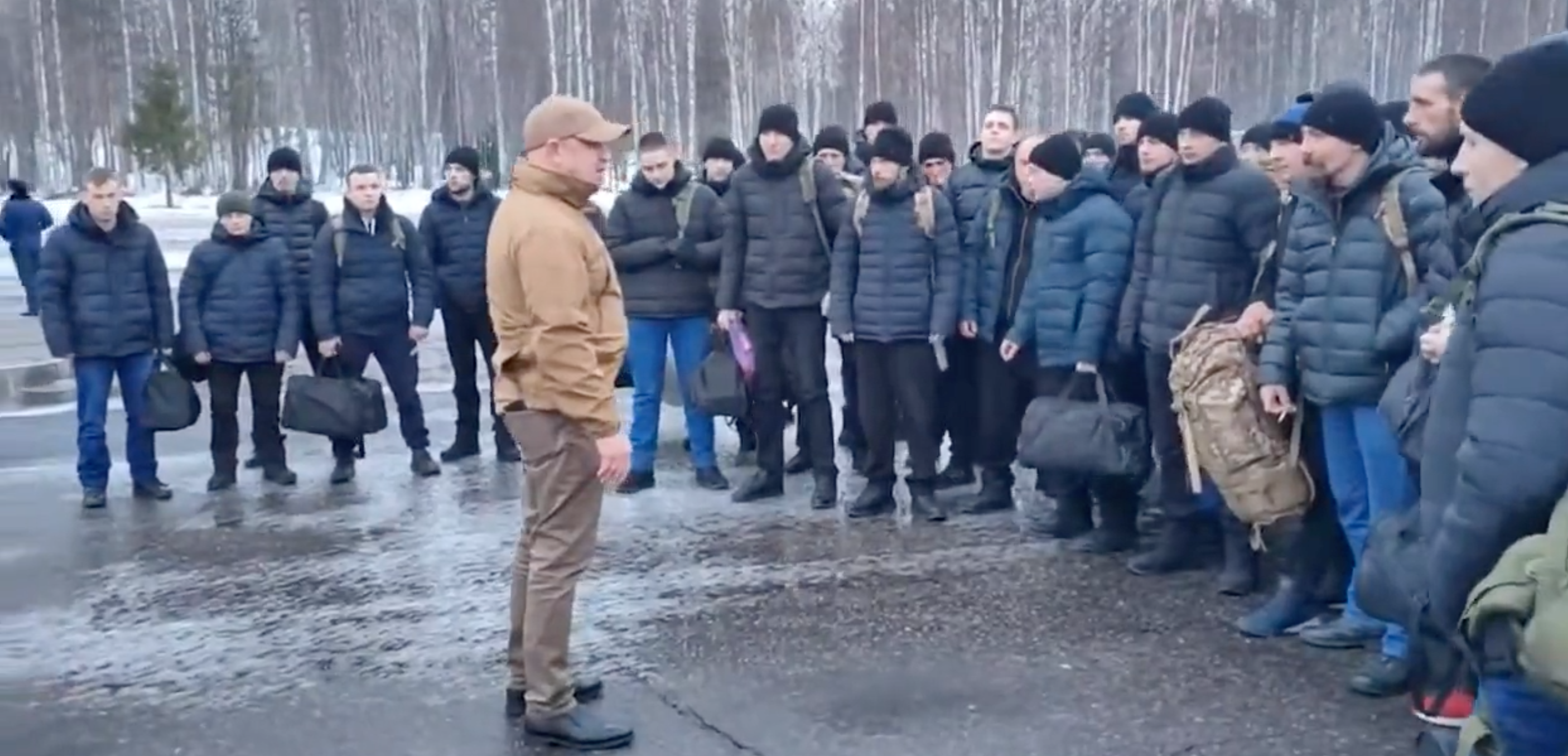For any Russian inmates still undecided about whether to join Wagner forces in Ukraine, it would appear the decision has already been made for them. On 9th February, Yevgeny Prigozhin, Putin’s confidante and the founder of the Wagner mercenary group, suddenly announced that “the recruitment of prisoners by the Wagner private military company has completely stopped”.
Footage emerged last September of Prigozhin touring Russian prisons, offering inmates pardons in return for six months of frontline duty in Ukraine. The US National Security Council estimates that approximately 40,000 convicts accepted the offer, swelling the total number of Wagner forces in Ukraine to 50,000. Sent on highly dangerous reconnaissance missions and into repeated, head-on assaults, the use of inmates in attritional ‘human wave’ attacks has resulted in a high casualty rate, with the White House calculating that 4,100 had been killed and 10,000 wounded as of the beginning of January.
With such a high rate of attrition, it may be that Prigozhin has simply already exhausted the available supply of willing and suitable candidates. Figures from the Russian Penitentiary Service show that the prison population decreased by 23,000 between September and October, when Wagner was accelerating its recruitment programme, but fell by just 6,000 between November and January.
Wagner’s reputation for battlefield cruelty may also be inhibiting its ability to recruit. Prisoner rights activist Olga Romanova claims that a second enlistment drive late last year failed to yield significant numbers due to a newfound reluctance among prisoners who had heard tales of Wagner’s harsh tactics, including torture and summary execution for desertion.
On 8th February, the independent Agentsvo news outlet reported that Wagner agents had been resorting to increasingly desperate recruitment tactics, including intimidation and the threat of new criminal cases against those refusing to sign up. Prigozhin’s announcement may have been made to calm the fears of Russian citizens, who had already expressed anxiety about an influx of pardoned convicts into towns and cities, some with old scores to settle.
Prigozhin’s own explanation for halting prisoner enlistment was the facetious claim that he had been overwhelmed with American volunteers. But he also admitted in an interview with blogger Semyon Pegov on 10th February that a relevant agreement with an unspecified government agency had expired, thought by the Institute for the Study of War to be Russia’s Ministry of Defence.

 Main Edition
Main Edition US
US FR
FR








Join the discussion
Join like minded readers that support our journalism by becoming a paid subscriber
To join the discussion in the comments, become a paid subscriber.
Join like minded readers that support our journalism, read unlimited articles and enjoy other subscriber-only benefits.
SubscribeHe’ll be falling out of a top story window soon enough
He’ll be falling out of a top story window soon enough
Бешеные псы
Бешеные псы